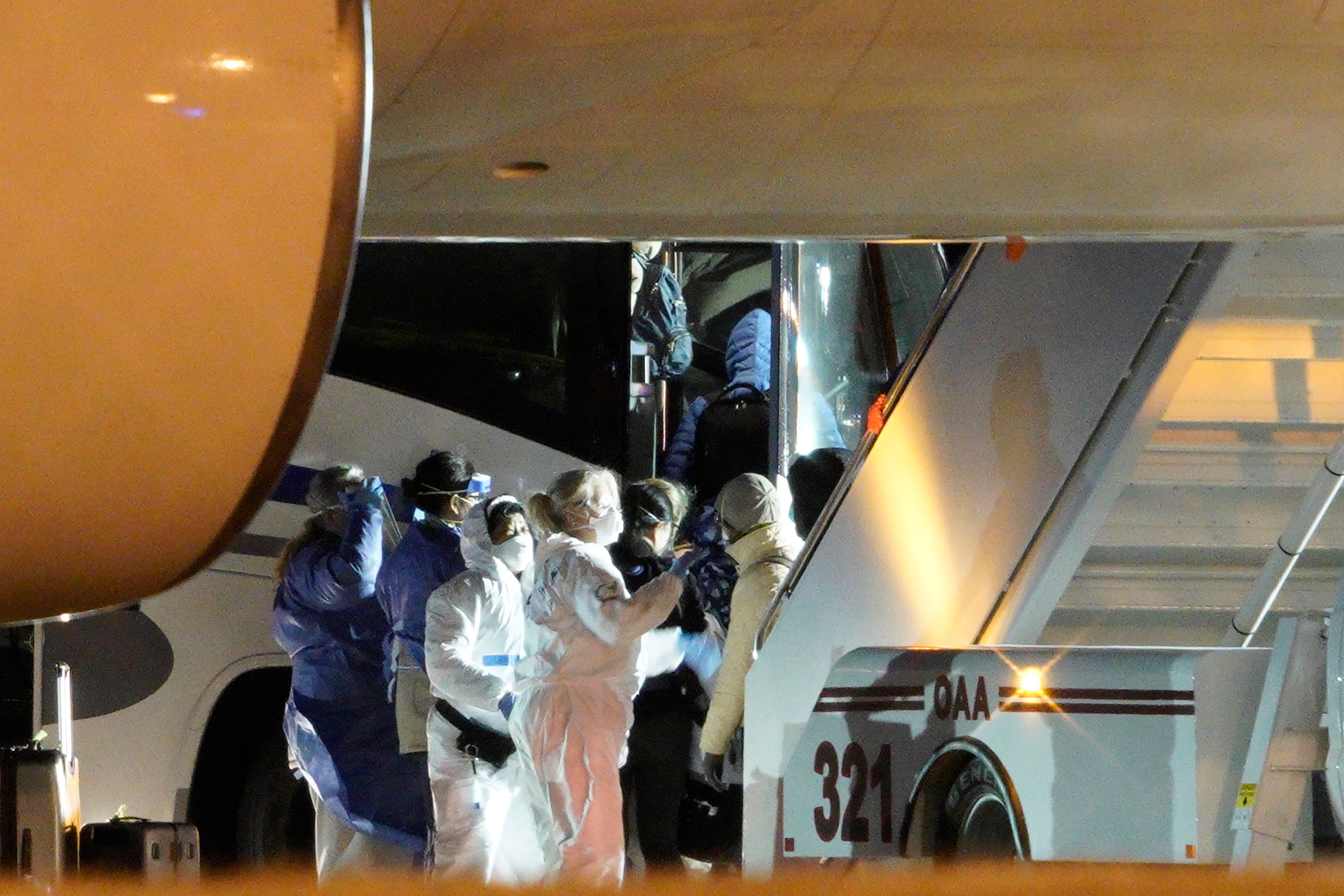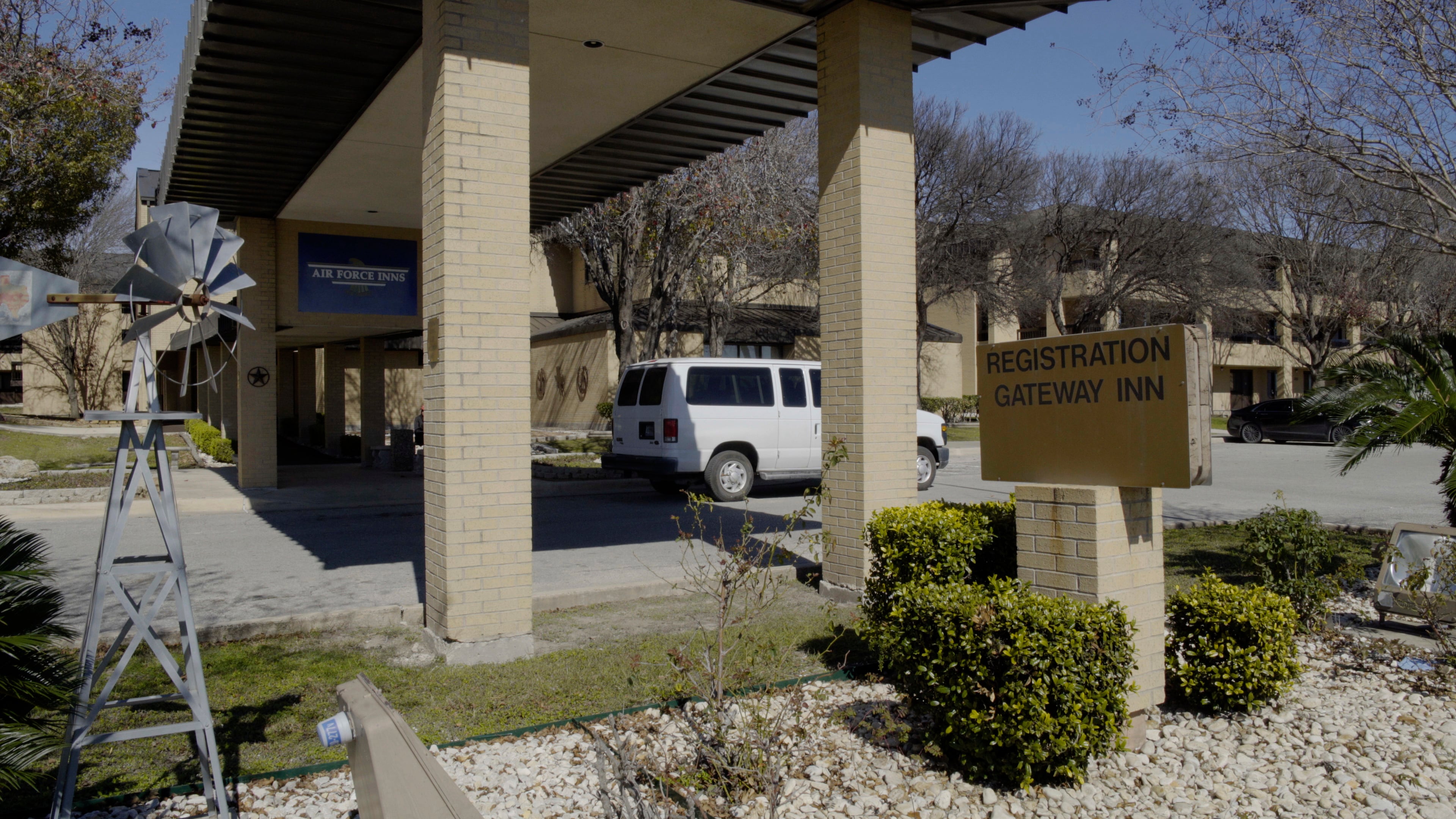Department of Veterans Affairs medical facilities around the country are alerting patients to symptoms of the novel coronavirus and instructing them to notify physicians with their travel histories and symptoms before stepping onto VA soil.
There have been no confirmed cases of the virus, COVID-19, among U.S. veterans, but VA is monitoring the disease’s progress through its Emergency Management Coordination Cell, working with the Department of Health and Human Services and the Centers for Disease Control to ensure VA facilities are ready for a possible pandemic, according to officials.
With at least two cases of coronavirus in Rhode Island, the Providence VA Medical Center on Tuesday began screening all patients and visitors, funneling them through one entrance for temperature checks and a clinical quiz.
Last week, the Oscar G. Johnson VA Medical Center in Iron Mountain, Michigan, began restricting visitors in its nursing home facility, called a Community Living Center, as well as its 4th floor inpatient ward, but a spokesman for the facility told Military Times Monday the limits are in place to protect patients from the flu, which has been increasing in the region.
RELATED

Meanwhile, all VA medical facilities are sending alerts containing pertinent phone numbers, symptoms and advice, via their emergency notification systems.
VA employees who have traveled out of the country or to northern California in the last two weeks also are being asked to contact their facility’s occupational health department or, if they are displaying flu-like symptoms, call their doctors or “consider using VA’s telehealth and virtual care options.”
VA Secretary Robert Wilkie told the House Veterans Affairs Committee Thursday that part of the process for activating the emergency management team is to ensure that VA is ready and its “supply chain is full” in the event of widespread infection.
“We’re a foundational response for the United States healthcare system when it comes to emergencies like this. We trained for them year-round because when hurricanes hit, when earthquakes hit, we are the responding force,” Wilkie said.
He told committee members that the VA currently does not need additional funds to address the COVID-19 outbreak.
But Dr. Richard Stone, Veterans Health Administration executive director, said the situation could change.
“If this develops into a pandemic in which portions of the American healthcare system break down, we're going to have a different discussion,” Stone said.
Stone said VA has not sent veterans information by mail about COVID-19 but is communicating with them through the VA’s website and hospitals.
In response, Rep. Lauren Underwood, D-Ill., said veterans are likely to get information on the virus from their health care providers and she urged Stone to “take a proactive public health response to manage that risk communication.”
“We are on the precipice of a significant public health crisis in our country, meaning the arrival of coronavirus at pandemic levels in the United States,” Underwood said.
As of Tuesday, there were at least 104 cases of COVID-19 in the U.S., including 48 among U.S. evacuees from Wuhan, China, and the Diamond Princess cruise ship in Japan, and six deaths.
RELATED

There have been nearly 89,000 cases worldwide and more than 3,000 deaths. More than 90 percent of the cases and 96 percent of the deaths occurred in China. Other hard hit areas include South Korea, with 4,212 cases and 22 deaths, and Italy, with 1,689 cases and 35 deaths, according to the World Health Organization.
Within the Department of Defense, a U.S. service member, his spouse and the 61-year-old widow of a military retiree, all residing in the Republic of Korea, are the only confirmed cases.
VA medical facilities are urging veterans to stay healthy by following the same protocols they would to prevent a cold or a flu, such as washing hands with soap and water or using hand sanitizer if soap is unavailable.
The Centers for Disease Control and Prevention also recommends sneezing or coughing into a sleeve or tissue.
It is asking people not to wear face masks unless recommended by a health care professional or they have COVID-19 and have symptoms. The CDC made this recommendation to ensure that enough face masks will be available for health care workers and people sharing a home or hospitalized with someone infected with the virus.
Patricia Kime is a senior writer covering military and veterans health care, medicine and personnel issues.









